
If owning a customized home has been your dream, you might wonder how to begin and what to consider.
With many people building custom homes, your dreams are valid. Living in a home built from the ground up is always fulfilling to many homeowners.
Custom-building your home allows you to design and arrange it to your liking and preference.
This perk contrasts with living in a rented house or buying a home where you have to accept both its design and flaws. On this note, building a customized home is a dream come true for many individuals and families.
This article will enlighten you on what you should consider when custom-building your home as you search for home builders to help you construct it. It’s wise to get assistance from professionals with good background knowledge on what to expect.
Things to Know when Building a Custom Home
Read below to know what you need to consider when building your custom home.
1. Budget

Your budget is a significant determinant when choosing the design of your dream home. You can’t design a home you can’t afford.
To begin with, you must determine how you’re going to finance your home project. There are various ways to fund the project, including getting a loan from a bank or a private institution or personally financing the project.
All options have their advantages and disadvantages. For example, some banks will not offer loans to furnish your home.
There are also options regarding how you’ll pay your contractor when financing the project on your own.
You can enter different contracts with your contractor, including a cost-reimbursement contract. This plan requires the contractor to use his funds to construct the home, and you’ll pay them at the end of the project.
Weigh the pros and cons of all your options before making a decision. Let your quantity surveyor and financial planner assist you in making this decision.
You must know what you’re willing and able to spend while planning your budget. First, factor in the essentials needed for your house, then use any money left for your wants.
After gathering funds, allocate them to the significant aspects of your home project. These aspects include:
Construction Team
They pay the personnel responsible for actualizing your dream home.
Labor and Materials
Allocating funds to labor and materials ensures that the project progresses without discontinuation owing to lack of materials or strike by the laborers due to unpaid wages.
Actual Construction
These funds cover costs arising from the actualization of your dream home. They include transport, supply, renewal of permits, among others.
Contingencies
These funds cater for unanticipated events that might arise.
Insurance
An insurance cover protects you, as the client, in the course of actualizing the project
2. Construction Team

Choosing a qualified and trustworthy construction team for your custom home project is necessary. It’s important to choose professionals within your project locality when selecting your team.
This way, you are assured they have solid knowledge on executing projects in the said area. In addition, they can easily get all the permits needed and know who to contact if issues arise.
Here are the professional services you should consider acquiring:
Architect
They will help you design your home and make it viable as much as possible.
Quantity Surveyor (QS)
They will help you decide the contract to enter with the contractor, acquire the necessary permits needed before you start building your home, and deal with claims arising from the contractor or other parties. They will also ensure the project is completed within the stipulated budget and get the value for your money during construction.
Contractor
A contractor is the one who’ll physically actualize your custom home project from the ground up. Choose a contractor experienced in executing the said project and has delivered such projects recently.
Seek referrals from your friends and family. It’s better to work with a contractor that has a good reputation than one with no reputation at all.
Interior Design
Although you can personally design the interior of your home, it’s advisable to hire the services of an interior designer. They will help furnish your home to your desired style and know where to source quality, yet, affordable furniture and decoration.
3. Location
Location, in this case, refers to the land you want to put up your home. You could consider the neighborhood of your preferred location as it determines the type of house you want to build.
Maybe the community has a theme, and you have to blend in with existing homes. This theme is especially true if the neighborhood is historic. If it’s in a gated community, there might be existing laws on how houses should look. There might be restrictions on amenities you might want for your home.
Find another location for your home if you don’t want to conform to the given restriction. Also, be mindful of the environment and surroundings of your prospect location. For example, it’s impractical to build a USD$7,000,000 house in an area where houses are valued at less than USD$1,000,000.
While you can put up your customized home, you might not feel secure in your home or fit in comfortably.
It’s also preferred to build your home near essential facilities and institutions. You should assess how close it is to the nearest hospital, shopping center, or police station. When choosing the location of your home, it’s advisable and practical to be as close to these structures as possible.
This way, you have easy access to their services. These are the crucial factors you need to weigh and consider for the location of your dream house.
4. Design
The design stage of your custom home is an essential step in actualizing your dream. It allows you to place certain things and decide what you want your home to have.
Choosing the design of your home can be challenging. So, you can look at various designs for your dream home for inspiration. Then, select your desired option and adjust it according to your needs instead of starting from scratch. Always consider functionality over aesthetics as you design your home.
Clearly define the important elements that you can’t live without from your luxuries. Draw this from experience you’ve gotten living in your current residence. It could be an extra bathroom or guest bedroom.
Approaching the design of your home from this angle helps you determine what you want. Consider the future as you design your home. You might have no family at the moment, but you might be planning to have kids in the future. Factor this in when designing your home.
5. Floor Plan

A floor plan refers to how and what you want your home to have. Know the spaces you need, such as the number of bedrooms or bathrooms. Then, determine the rooms you want spacious and those you want small.
For a one or two-story home, it’s advisable first to design your ground floor. The ground floor forms the basis of a plan since it depends on your home’s size or the lot.
The size of your home and the ground floor plan go hand in hand. You can’t design a ground floor that’s bigger than the actual size of your home. Design the floor plan of your other floors after figuring out the ground floor.
The size of the room also depends on what's important to you. If you love having guests and family over, then let your living room be bigger. If you want to communicate unhindered with your guests as you prepare them a meal, consider having an open-plan kitchen. That is how you decide the size of your spaces.
Regarding arrangement, consider convenience for you and your family. Place a study room on the top floor or farthest room on your ground floor, where there’s less noise.
Have the guest bedroom on the ground floor instead of next to your master bedroom for privacy purposes. You might want the kid’s playroom near the kitchen or living room, where you can easily monitor them.
Consider the traffic flow in your home as you arrange the rooms.
When setting the rooms, consider the sun’s impact on your home. For example, let the living room or master bedroom windows be in the direction the sun streams in the morning. This design provides a lot of desirable natural lighting for your home.
6. Material Specifications
Be keen when choosing the desired materials for your home construction. The materials used determine the longevity of your home and additional costs you might incur in the future during maintenance. Therefore, select long-lasting materials in conjunction with your architect.
Avoid blindly selecting the cheapest ones on the market. Remember, cheap items are usually more expensive in the long run.
7. Quality of Land

Closely related to your design is the land quality. This quality refers to its water table level, land orientation, drainage features, and natural resources. Again, your architect will help determine the land’s viability to your design.
For instance, you might have a two-story design for your home, but your preferred land is in a swampy area.
This isn’t ideal but it doesn’t mean that it’s impossible to put up the design.
Building such a home requires a different type of foundation, such as a raft foundation instead of the common strip foundation. Your chosen contractor may work around this, but it might incur extra costs.
With such constraints, you can decide to incur the additional cost, change the design of your home, or choose another location for your dream home.
Wrap Up
The activities and details needed to build a custom home shouldn’t scare you away from acquiring your dream home. With the right professionals and guidance given in this article, you’ll get to build your desired home stress-free.
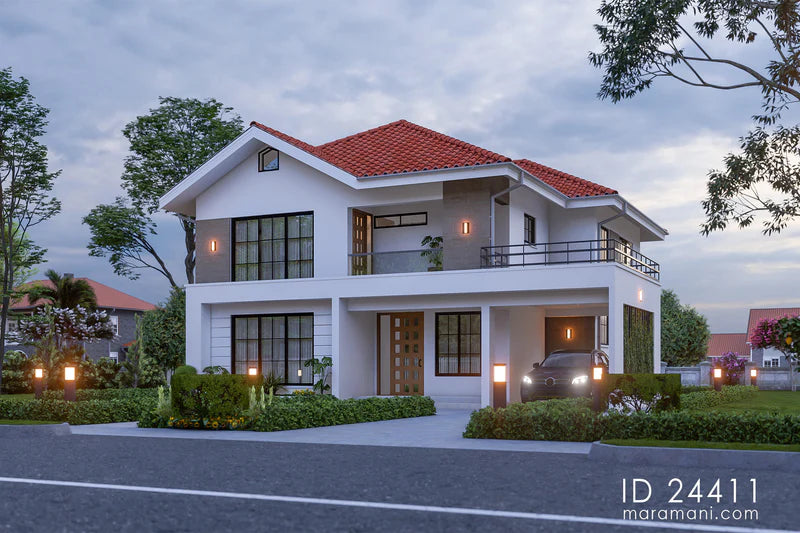
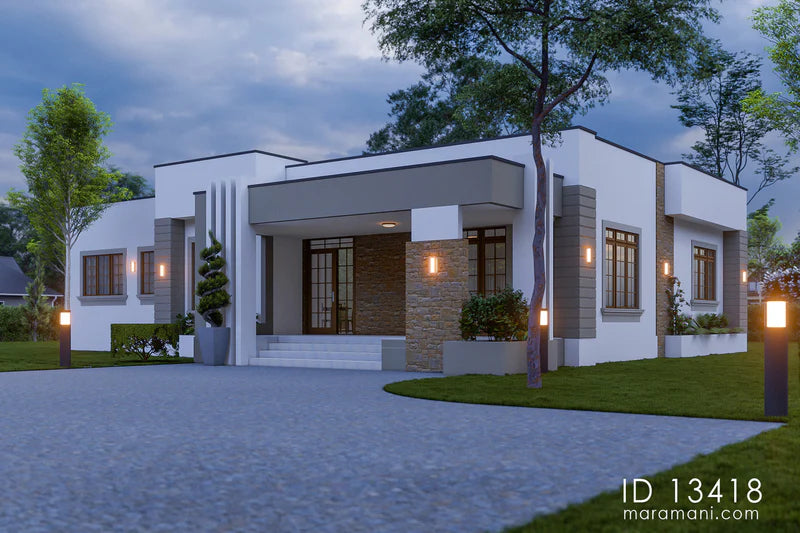
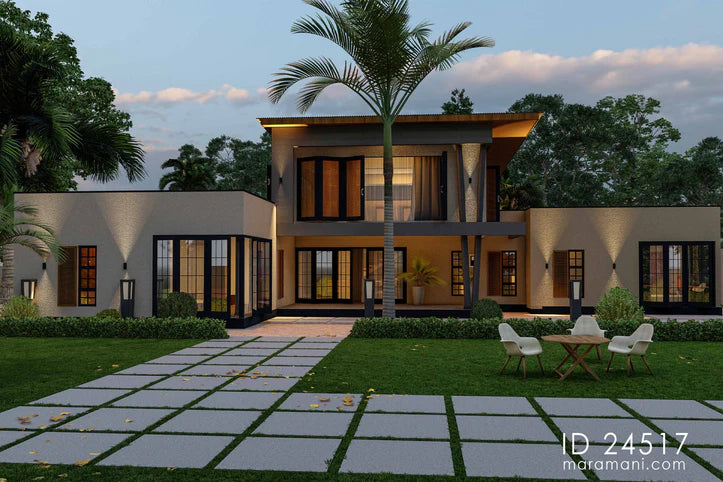
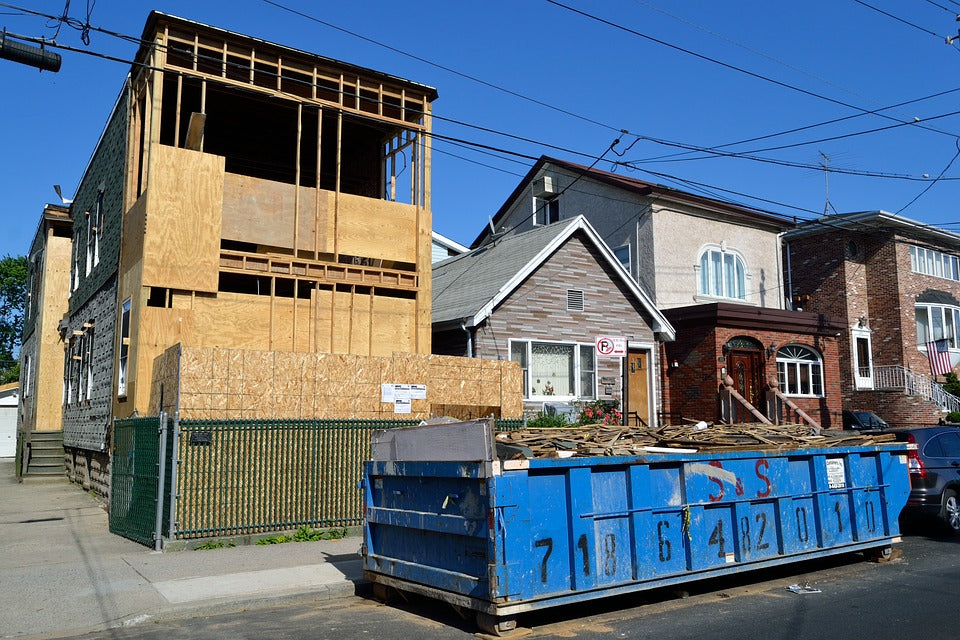
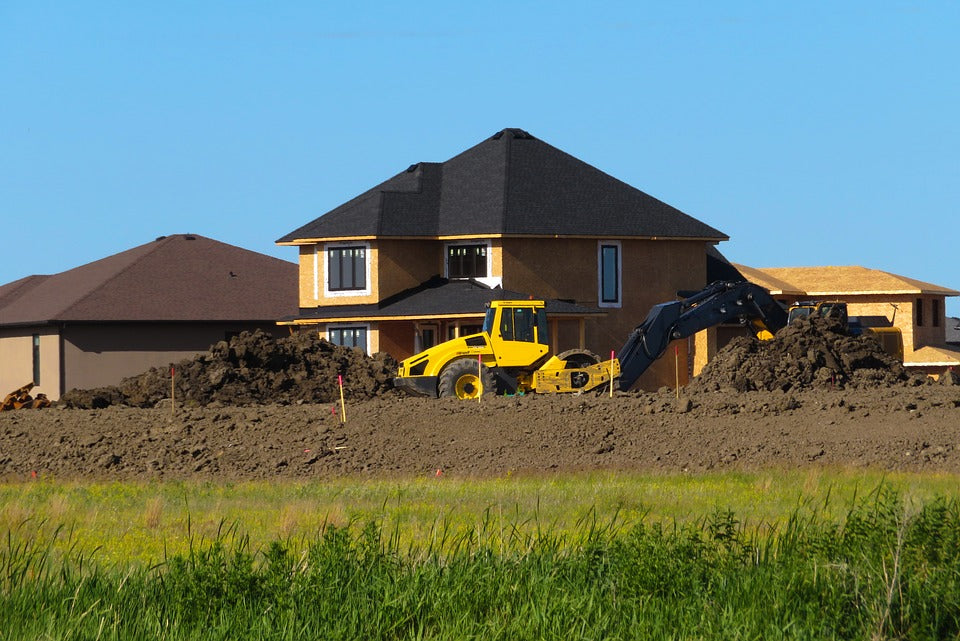
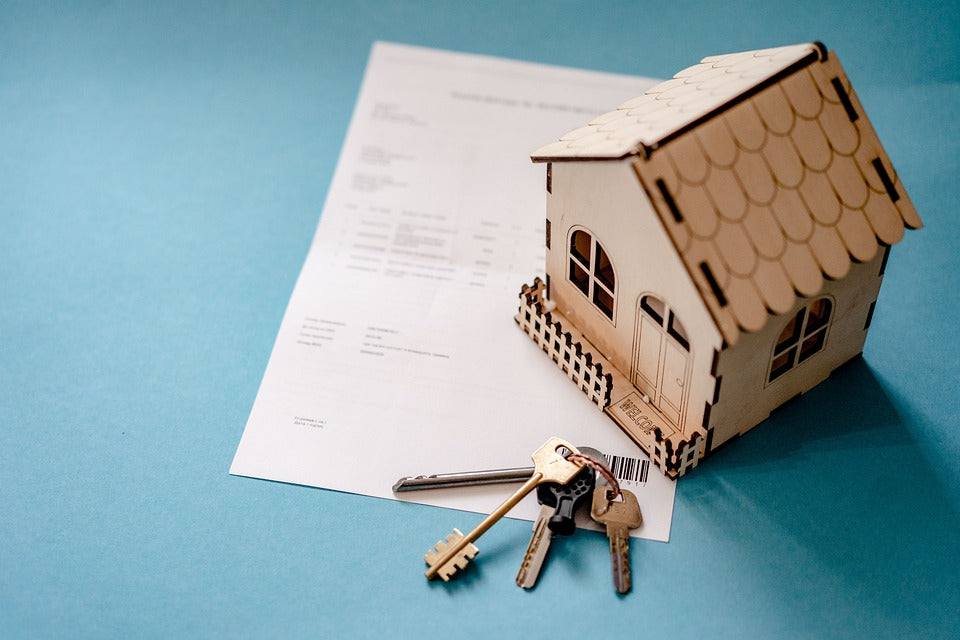
Leave a comment
This site is protected by hCaptcha and the hCaptcha Privacy Policy and Terms of Service apply.